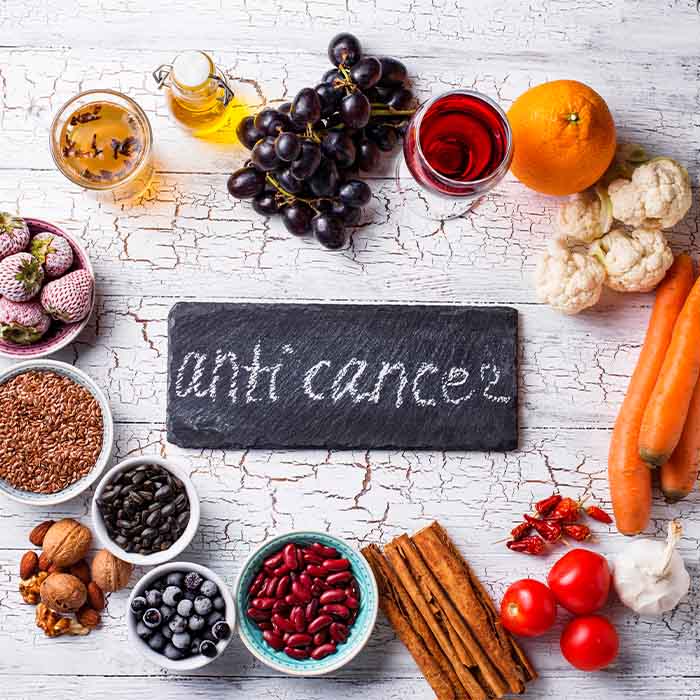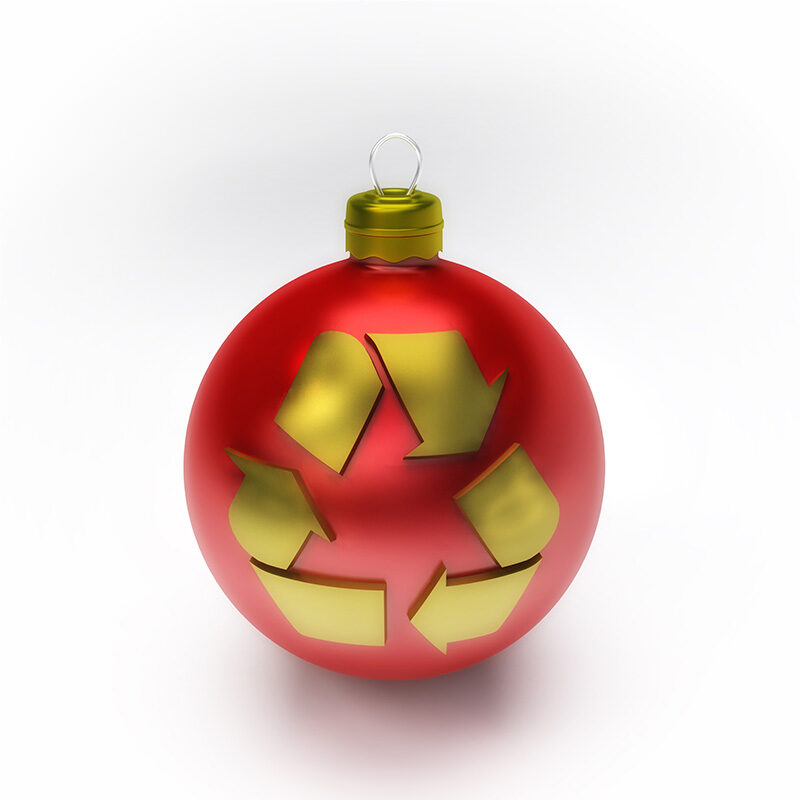
Your Guide to an Anti-Cancer Diet
Cancer.
We’ve all heard of it. We all worry about it to some extent. Many of us have even been unlucky enough to have had it ourselves, or to have known (or worse still, lost) people who have had it. Knowing the suffering caused by this life-threatening disease and its almost equally punishing treatments, many wonder about what steps they can take to avoid getting it in the first place.
While it isn’t possible to fully eliminate one’s risk of cancer, the good news is that there is plenty that one can do to reduce it. In fact, according to the American Institute for Cancer Research and the World Cancer Research Fund, an estimated 30-40% of cancers can be prevented by lifestyle choices alone. And one of those choices is our choice of diet.
A Brief Lesson in Cancer

To understand the linkage between cancer and diets, one must first understand how cancer develops to begin with.
Cancer occurs when the processes controlling cell behaviour fail, causing cells to multiply rapidly or otherwise behave abnormally. The failure of these processes and the resulting changes are influenced by DNA and genetic damages in cells that can accumulate over time. While some damages can occur naturally during cell division, others can be caused by external factors such as substances from outside the body.
Broadly speaking, diet can influence cancer risk in two ways. Either certain foods can contain substances that act as carcinogens that cause cancer, or else obesity caused by unhealthy foods can influence our metabolic systems in ways that create cellular microenvironments conducive to cancer development. Conversely, other types of food can help to reduce the conditions that lead to cancer. Thus, it is important to know what these food types are and ensure an appropriate balance of them in one’s diet to minimise the risk of cancer.
What to Avoid
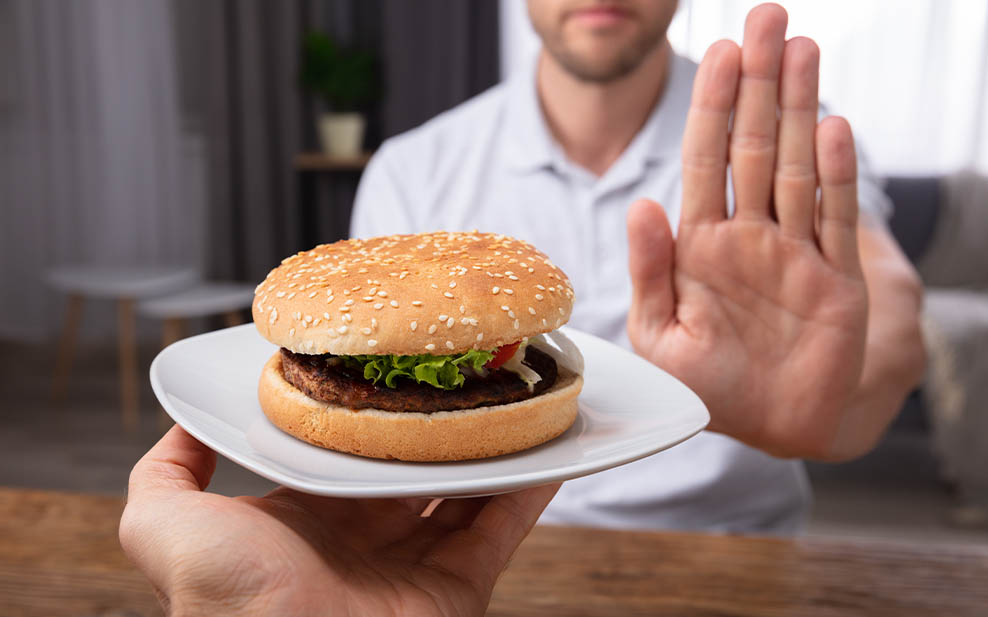
As a general rule for an anti-cancer diet, it is best to avoid foods that are high in calories. Studies in mice have found that caloric restriction inhibits tumour development, while high-fat diets are linked to a significant increase in the number of intestinal stem cells, which have a high potential to develop into cancer cells when exposed to the wrong external (i.e. dietary) factors. Meanwhile, obesity and high amounts of body fat can respectively lead to chronic inflammation and increased oestrogen levels in cells, both of which can increase one’s cancer risk.
Two other key food groups to avoid are processed and red meats, as both contain chemicals that can cause cancer. Processed meats contain a lot of nitrates and nitrites to help preserve them, which when eaten can become N-nitroso chemicals (NOCs) that can damage the cells of our bowel and potentially cause bowel cancer. The same effect is also caused by heterocyclic amines (HCAs) and polycyclic amines (PCAs) produced during the cooking of red meat, which have also been linked to the development of breast cancer.
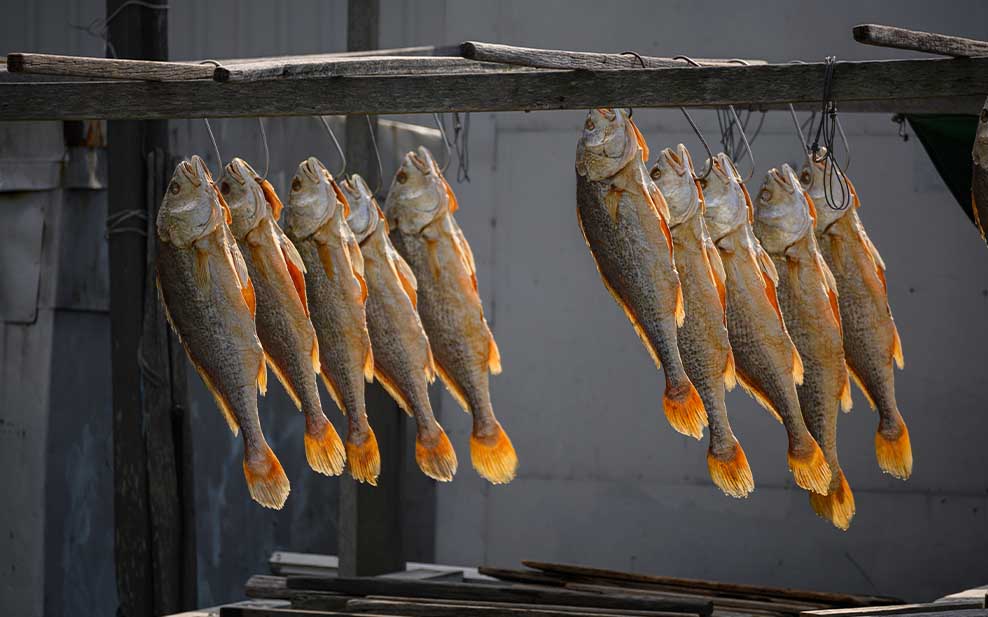
Pertinently for those living in Hong Kong, foods preserved in salt have been linked to cancers of the nose and throat that are very common in the Cantonese population of Southern China. In fact, Chinese-style salted fish has been linked to an increased risk of stomach cancers and classified as a carcinogen by the International Agency for Research on Cancer.
What to Eat
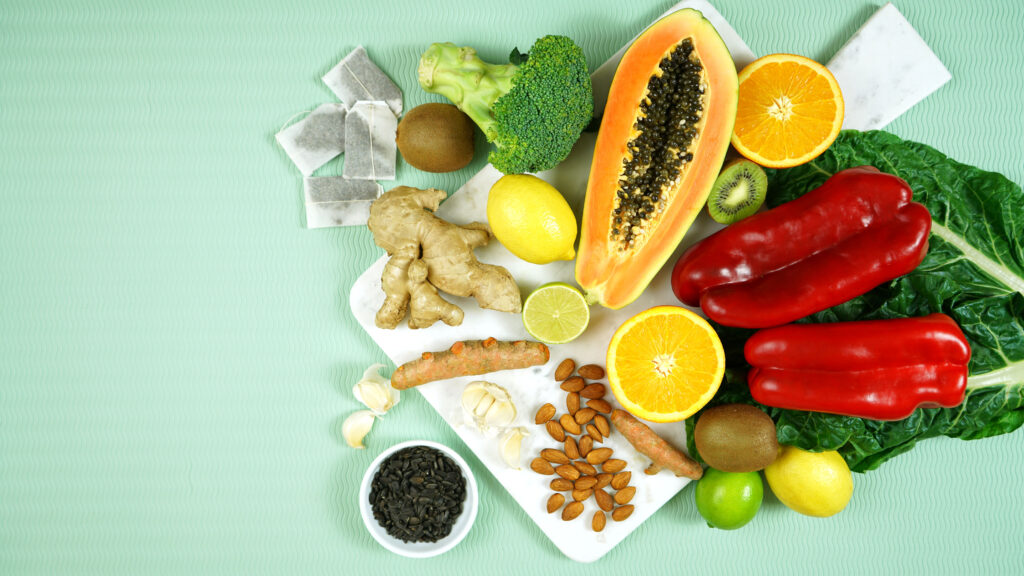
An apple a day keeps cancer away. Or at least, a diet high in fruit and vegetables certainly appears to, with people who eat the least amount of it having twice the cancer risk of people who eat the most.
One reason for this is because of the high fibre content of such foods, as increased defecation caused by a high fibre diet ensures that harmful chemicals that could cause cancer spend less time in the gut. Additionally, fibre reacts with bacteria in our bowel to produce a substance called butyrate, which helps cells to stay healthy and reduces the likelihood of tumour development. Experts also speculate that the phytonutrients in plant may restrict production of cancer-producing hormones, slow cancer cell growth and prevent inflammation.

To refine your anti-cancer diet for maximum effectiveness however, it pays to know exactly what fruits and vegetables are best for it. One of the best types are cruciferous vegetables (e.g. broccoli, cauliflower, cabbage), as these contain sulforophane –which has anti-cancer properties– and have been suggested to regulate enzymes that defend against cancer. Broccoli sprouts are particularly good in this regard, as they contain high amounts of sulforophane that gradually decrease as the plant matures.
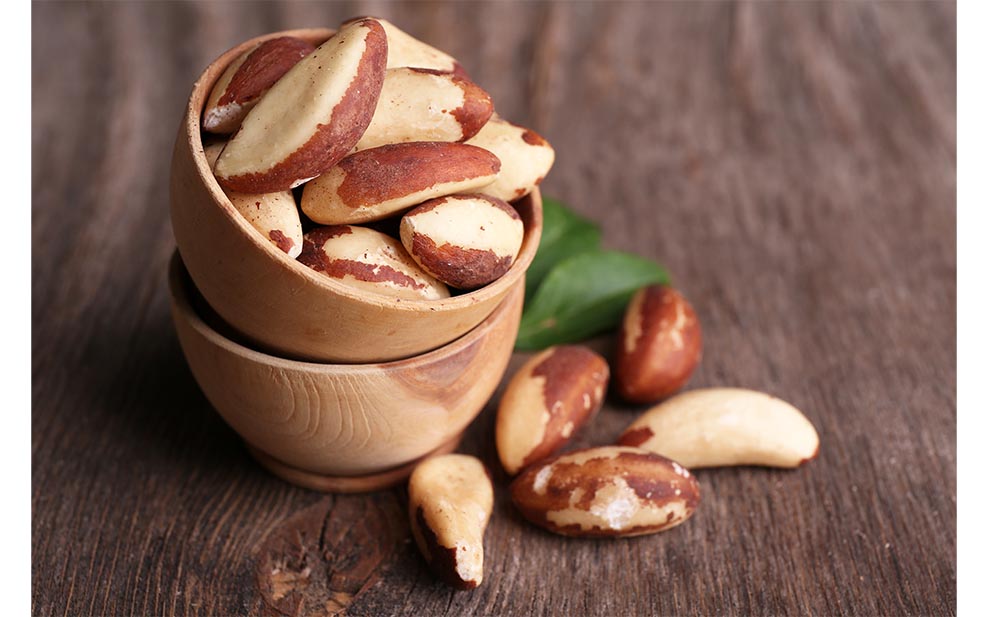
Plants high in selenium, like Brazil nuts and sunflower seeds, are also good to eat as selenium decreases rate of tumour growth and improves immune responses in general. Unsurprisingly, it has been found to reduce new cases of prostate, lung and colorectal cancer.
Myth Busting
Amongst all of the scientifically verified information on anti-cancer diets, there are also plenty of myths about the types of foods one should or shouldn’t eat to lower their cancer risk. Here are a few common ones:
Burnt food causes cancer
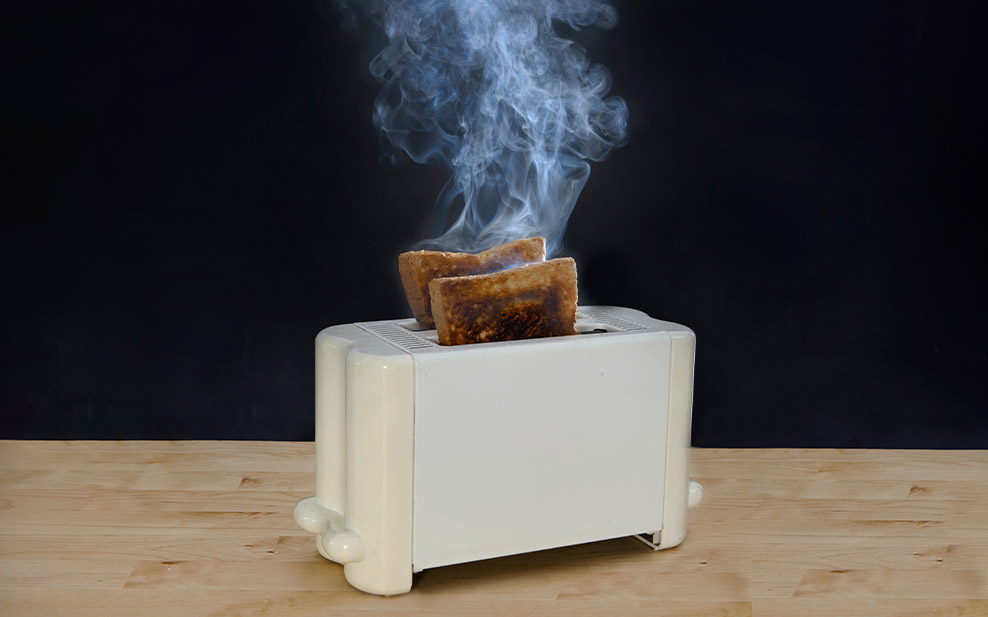
Burnt food contains acrylamide, a chemical that occurs in starchy foods cooked at high temperatures for too long. While some very tentative evidence linking acrylamide to cancer exists, good quality studies have not found a definitive link between the two.
Soya products cause cancer
Soya products contain chemicals called isoflavones, which have a similar chemical structure to oestrogen. As oestrogen can help to stimulate cancer development, this has led to some speculation of a link between consuming soya products and cancer. However, the prevailing evidence shows that isoflavones are not only safe, but can be a useful protein substitute for foods like red meats that are more heavily linked to cancer development.
Green tea can prevent cancer

Green tea contains high levels of the antioxidant, catechin. But while antioxidants as a group have been found to protect against oxidants that can cause cancer, the evidence for a protective effect of green tea specifically has so far been inconclusive. Also, most studies testing for such an effect have been done on animal cells, meaning that their results are not necessarily generalisable to humans.
Sugar feeds cancer cells
Sugar is high in glucose, which all cells, including cancer cells, use as an energy source. However, reducing one’s sugar consumption specifically does not restrict the body’s glucose levels, as it is mainly obtained by breaking down carbohydrates. Moreover, many foods that are actually good for an anti-cancer diet, like fruits, also contain sugars. That said, reducing excess sugar consumption is good for preventing obesity and body fat formation that can lead to cancer.
But in case the worst should happen…
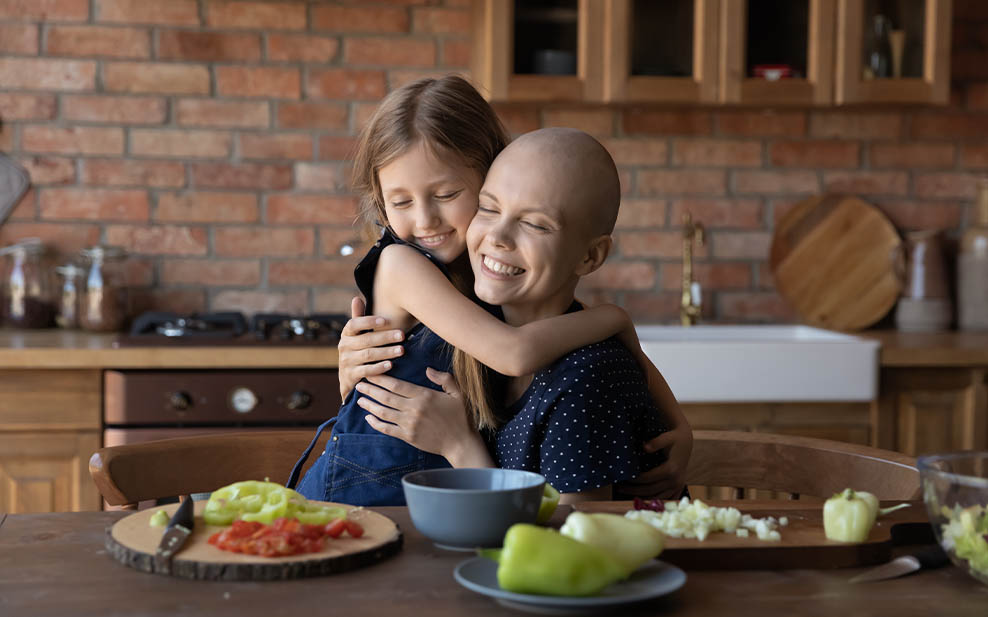
Sadly, for all the things one can do to prevent it, there is still always the chance of getting cancer anyway, in which case your body will need all the nutrients and calories it can get to stay strong enough to fight the disease. However, eating well can be difficult for cancer patients, not least because the debilitating side effects of treatment –which can include nausea, diarrhea, constipation and loss of taste– can make eating anything at all difficult and unappealing.
To better prepare yourself for the side effects of treatment, whatever they may be, it is best that you start eating healthily beforehand so that your body is as strong as possible. During this time, it is also wise to pre-prepare and freeze meals for the days when you feel too weak to cook yourself, as well as stock up on foods that don’t need cooking at all.
During treatment, protein-rich plants like beans and pulses are one of the best things to eat, as these will not only give you high amounts of the vitamins and minerals you lose through vomiting and diarrhea, but also the fibre you’ll need to address constipation. Foods with high potassium and sodium, like bananas or sports drinks respectively, are also good for addressing mineral loss, while foods like citrus and peppermint oil can help to reduce feelings of nausea.
Conversely, during treatment you should avoid processed meats and fried foods, as these can increase inflammation. You should also avoid any foods that may contain raw or unwashed ingredients, like raw fish, mayonnaise or unwashed fruits and vegetables, as your immune system under chemotherapy won’t be able to deal with contaminants as well as normal.
Written exclusively for WELL, Magazine Asia by Thomas Gomersall
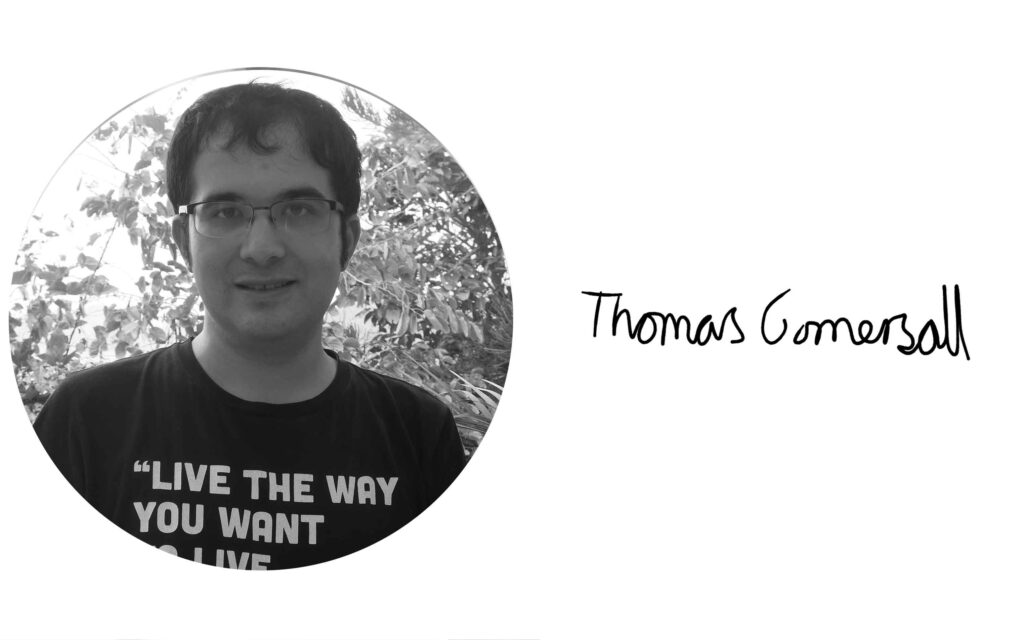
Thank you for reading this article from WELL, Magazine Asia. #LifeUnfiltered.
Connect with us on social media for daily news, competitions, and more.
